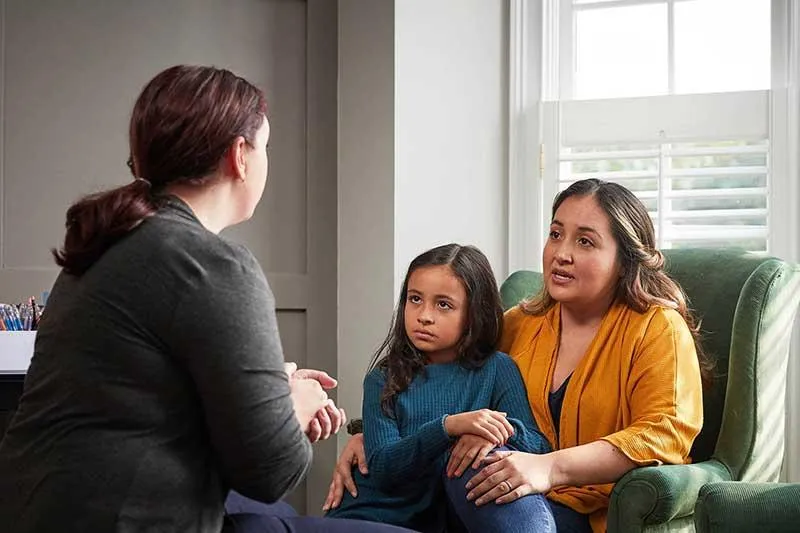
How to Have Hard Conversations About Your Neurodivergent Child
I loathe having hard conversations. I don’t like conflict, but sometimes hard conversations are necessary, especially when they’re about your child with ADHD, autism, or other neurodivergent diagnoses.
As Tucker Miller shared on episode 110 of the Every Brain is Different podcast, the first step to having these important conversations is to check in with yourself. Are you coming in hot, fueled by frustration and urgency? I get it. As parents of neurodivergent children, we’re often fighting for basic understanding and support, but as Tucker said, “As soon as you come in hot, there’s immediate deflection and defensiveness.” People stop listening to what you’re saying and focus only on how you’re saying it.
So, how can you stay neutral and effective in these conversations?
1. Check Yourself First
Before you head into an IEP meeting or call the teacher, pause and ask:
Am I already assuming the other person won’t listen?
Am I fixating on the outcome I want, instead of what might be possible?
What’s my tone?
By neutralizing your emotional response, you set the stage for a real conversation, not a power struggle.
2. Focus on Collaboration
Teachers and therapists don’t want to see kids fail. They want to help, but they don’t know what they don’t know. That’s why it’s so important to come in with a collaborative mindset. Share what’s working at home or in therapy. Be open to their challenges and constraints, too. When you frame it as “How can we make this work for my child and the class?” you’re much more likely to find common ground.
3. Find the Win-Win
Ask questions like:
“What will it take for my child to feel safe and included here?”
“How can we support each other to help my child succeed?”
These open-ended, collaborative questions can transform a defensive conversation into a problem-solving session.
4. Don’t Let Avoidance Win
When we avoid the hard conversations, things get worse for our kids. They may be misunderstood, labeled as defiant or difficult, and start to internalize that something is wrong with them. As parents of children with ADHD and Autism, it’s our job to speak up even when it’s uncomfortable.
These conversations are about more than just accommodations or support. They’re about making sure your child feels seen, heard, and valued. When you come in calm and collaborative, you’re modeling those same skills for your child. You’re showing them that hard conversations can lead to real solutions.
For more strategies on how to have hard conversations, check out episode 110 of the Every Brain is Different podcast, where we interview Tucker Miller.
